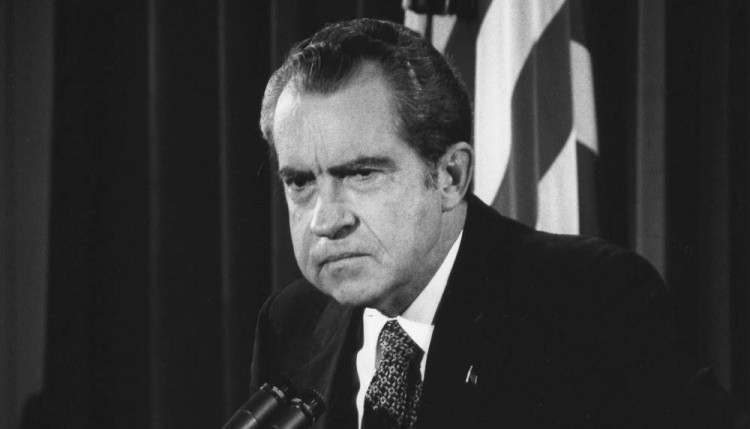
American Democracy: For the Vote, not the Person
In their work Deeply Divided, McAdam and Kloos provide a brief overview of the ways in which the political bases of America’s two major parties have shifted throughout the twentieth century. From the overwhelming southern distrust “Lincoln’s Party” to the southern Dixicrats, this phase of American political history is complicated. Amidst the subtleties of presidential elections, one thing remains clear: American democracy does not have to actually serve its constituents in order to gain support and remain in power.
FDR’s New Deal policies were made possible by the support given to the Democratic party in the 1932 election is significant considering that the majority of this support came from poor, white southern votes. While we learn about these landmark policies in history class under the pretext that they saved lives during the Great Depression, they were only able to be put into place because of their intentional “discriminatory implementation” (72). FDR’s “refusal to publicly advocate for black civil rights” resulted in millions of black and brown families being forgotten and further marginalized at a time when unemployment, hunger, and homelessness were at all-time highs; but FDR was able to win the presidency four times. FDR was not the last president to realize that conforming to the white-supremacist nature of American society could result in victorious elections.
Years later, President Nixon and the Republican party would come to realize that pandering to the racial conservatism of the “silent majority” would allow him to collect most of the poor, white, southern votes. By pushing a narrative of personal responsibility and using racially charged rhetoric, Nixon was able to convince white America that sensational values such as that of the “hard-working, all-American family” are more important than getting people the help they need. This is made even more interesting considering that many of the people who voted for Nixon, especially in the poorer southern states, could have benefited from welfare programs. Opposed to the era of FDR, these programs were unwanted when the law mandated they be shared with people of color.